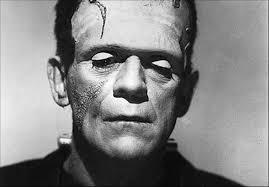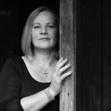Tyger, Tyger.
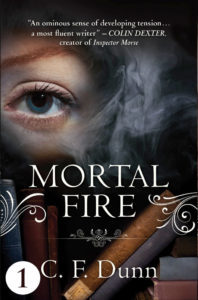 Finding titles for a series of books can be quite a challenge. Many people turn to Shakespeare or the Bible for ideas, but for me, poetry provided the inspiration for the five titles in The Secret Of The Journal series.
Finding titles for a series of books can be quite a challenge. Many people turn to Shakespeare or the Bible for ideas, but for me, poetry provided the inspiration for the five titles in The Secret Of The Journal series.
The strong historical links to the 17th century in the series had me hunting among my favourite Metaphysical poets: John Donne, Andrew Marvell and George Herbert. Not only did they provide the titles for the first three books, but their poetry features and is referenced throughout the series, such as Mortal Fire from John Donne.
The second book in the series is Death Be Not Proud (John Donne – Death Be Not Proud)
‘Death be not proud, though some have called thee
Mighty and dreadfull, for, thou art not soe…’
By book three, Herbert had joined the series with his contribution: Rope of Sand (George Herbert – The Collar)
 ‘…Forsake thy cage, Thy rope of sands,
‘…Forsake thy cage, Thy rope of sands,
Which petty thoughts have made…’
However, by book 4 – Realm of Darkness – I moved through the centuries. I found the quote I was looking for in Longfellow – appropriately enough, a resident of Portland, Maine – to reflect Matthew’s development and change.
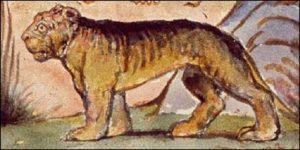 By the last book – Fearful Symmetry – I went back in time again to William Blake (Tyger,Tyger) whose poetry often reflects a mind seeking answers in nature for the mysteries of heart and soul.
By the last book – Fearful Symmetry – I went back in time again to William Blake (Tyger,Tyger) whose poetry often reflects a mind seeking answers in nature for the mysteries of heart and soul.
‘Tyger Tyger, burning bright,
In the forests of the night;
What immortal hand or eye,
Could frame thy fearful symmetry?’
Given Matthew’s unique status, it seemed fitting somehow, to finish with a poet who understood both the sublime and the divine in Creation.
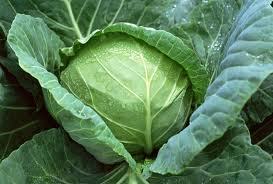 Quotations and references to poems also figure in the books and are important facets of the developing story. The wonderfully tongue in cheek poem To His Coy Mistress by Andrew Marvell is referenced in Mortal Fire by the juxtaposition of a print of the poet next to a picture of a cabbage in Emma’s office.
Quotations and references to poems also figure in the books and are important facets of the developing story. The wonderfully tongue in cheek poem To His Coy Mistress by Andrew Marvell is referenced in Mortal Fire by the juxtaposition of a print of the poet next to a picture of a cabbage in Emma’s office. 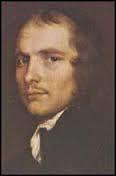
‘My vegetable love should grow
Vaster than empires and more slow;’
In Rope Of Sand, Emma gives Matthew a book of George Herbert’s poetry in which they find their favourite poems: Herbert’s The Collar for Matthew, and Life for Emma. But modern poetry is also used. In Mortal Fire, Emma gives a lecture and I couldn’t help but include an oblique reference to a poem by Vernon Scannell (Horror Story) that resonated with me as a teenager at school:
‘…he recognised
Beneath the piteous brute disguise
The need for what might humanise:
The welcome or embrace that can
Change lonely monster into Man.’
Sometimes, a few words from a poem can sum up a world of meaning.

